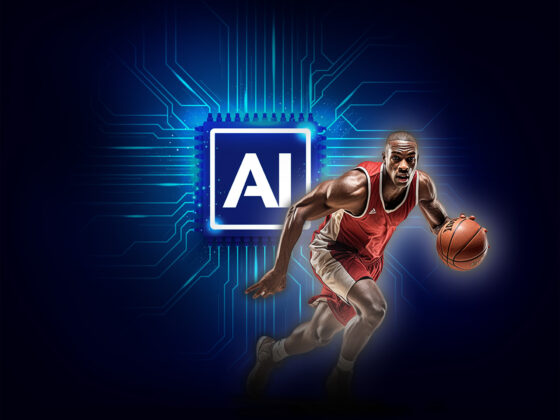The rise of e-sports has been nothing short of phenomenal, evolving from niche competitions to mainstream events that fill stadiums and attract millions of online viewers. As we look to the future, we’re witnessing a fascinating convergence between e-sports and traditional sports, a trend that promises to reshape the entire sports landscape.
Virtual Athleticism: The New Frontier
Professional athletes are increasingly engaging in virtual versions of their sports, recognizing the potential for training, fan engagement, and brand extension. NBA players participate in NBA 2K tournaments, Formula 1 drivers compete in virtual Grand Prix, and soccer stars challenge each other in FIFA matches. This crossover is blurring the lines between physical and digital athleticism, creating new forms of competition and entertainment.
Simultaneously, e-sports athletes are adopting training regimens that mirror those of traditional athletes. Professional gamers now work with nutritionists, physical trainers, and sports psychologists to optimize their performance. This professionalization of e-sports is lending legitimacy to the field and challenging our perceptions of what constitutes an ‘athlete’.
Hybrid Sports: Blending Physical and Digital
The convergence is giving birth to entirely new forms of competition that blend physical and digital elements. Imagine a basketball game where players wear AR glasses, adding a digital layer to the physical game. Points could be scored not just through baskets, but also by completing augmented reality challenges visible only to the players and the audience through their devices.
In the world of racing, we’re already seeing events where real drivers compete alongside AI-controlled cars. This trend is likely to expand, creating hybrid competitions that test both physical skills and the ability to interact with digital elements. These new sports forms not only create exciting spectacles but also open up sports to a wider, more diverse audience.
Virtual Training, Real Results
The technologies developed for e-sports are finding applications in traditional sports training. Virtual reality simulations allow athletes to practice scenarios that would be difficult or dangerous to replicate in real life. A quarterback can run through hundreds of plays against various defenses, or a skier can practice a dangerous course, all from the safety of a VR environment.
These training tools are not just for professionals. As VR technology becomes more accessible, amateur athletes and fitness enthusiasts can access high-level training experiences from their homes, democratizing sports training in unprecedented ways.
The Changing Face of Sports Viewership
The convergence of e-sports and traditional sports is revolutionizing how fans consume sports content. Streaming platforms like Twitch, originally built for gaming content, are now broadcasting traditional sports events, bringing with them interactive features like live chat and viewer-controlled camera angles.
We’re also seeing the rise of virtual sports bars and viewing parties in metaverse-like environments, where fans can gather as avatars to watch both e-sports and traditional sports events. These digital spaces offer new opportunities for social interaction and community building around sports.
Implications for Sports Governance and Olympics
As the lines between e-sports and traditional sports blur, sports governing bodies are grappling with how to classify and regulate these new forms of competition. The International Olympic Committee has already recognized the growth of e-sports and is exploring ways to incorporate gaming into the Olympic movement.
We may soon see e-sports making their debut as Olympic events, potentially alongside hybrid sports that combine physical and digital elements. This inclusion would mark a significant shift in how we define Olympic sports and could open the doors to a new generation of digital athletes.
Economic Impact and New Business Models
The convergence of e-sports and traditional sports is creating new business models and revenue streams. Traditional sports teams are establishing e-sports divisions, not just as brand extensions but as serious competitive and commercial ventures. We’re seeing new types of sponsorships that span both physical and digital realms, and innovative monetization strategies that leverage the interactive nature of digital platforms.
Furthermore, the technologies developed for e-sports, such as advanced analytics and real-time data processing, are finding applications in traditional sports, creating a cross-pollination of ideas and technologies that benefits both sectors.
As we move forward, the convergence of e-sports and traditional sports promises to create a more diverse, inclusive, and technologically advanced sports ecosystem. It challenges our traditional notions of athleticism and competition while opening up exciting new possibilities for athletes, fans, and innovators alike. The future of sports is not just physical or digital – it’s a dynamic blend of both, creating experiences that will captivate and inspire in ways we’re only beginning to imagine.




